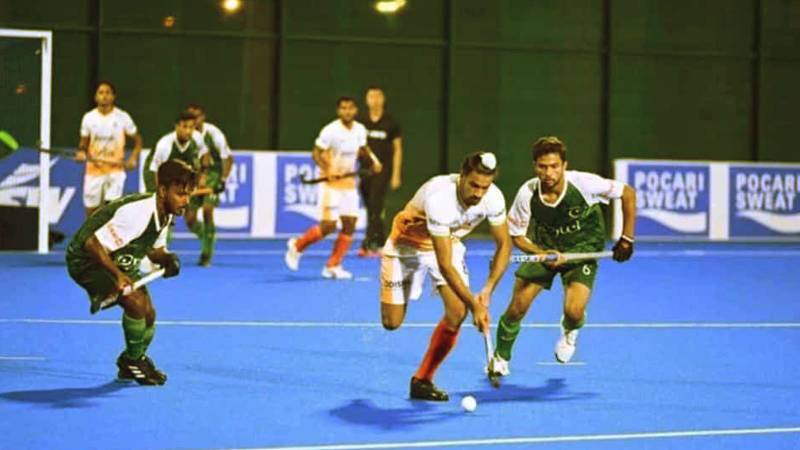
Pakistan's junior hockey team's hopes of clinching the Asia Cup title were dashed in a closely contested final against India. Despite a valiant effort, the Green Shirts were unable to overcome the Indian side's superior tactical acumen and clinical finishing.
Several factors contributed to Pakistan's defeat. First, the team's defense was often breached, with Indian forwards finding space to operate. Long-range passes, a risky strategy, compounded the problem as they were frequently intercepted by the Indian defense.
Second, Pakistan struggled to convert their scoring opportunities. Despite creating numerous chances, they failed to capitalize on them, often losing possession in the final third. The team's inability to finish inside the circle was a significant factor in their downfall.
Third, Pakistan's failure to generate short corners proved costly. Short corners are a potent attacking weapon, and the team's inability to create them limited their scoring opportunities.
Finally, India's disciplined and organized defense stifled Pakistan's attacking moves. The Indian defenders effectively closed down passing lanes and tackled aggressively, preventing Pakistan from gaining momentum.
While the defeat is undoubtedly disappointing, it offers a valuable learning opportunity for the Pakistani team. By addressing the identified weaknesses—such as defensive lapses, poor finishing, and a lack of short corner opportunities—the team can strive for greater success in future tournaments.

